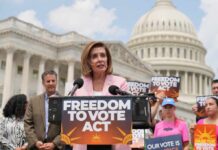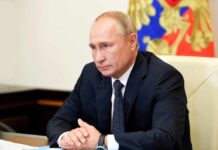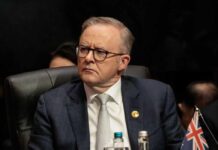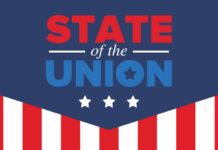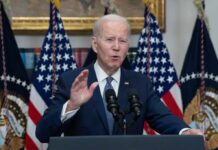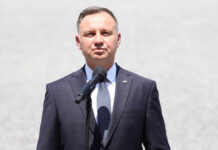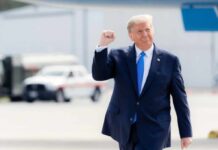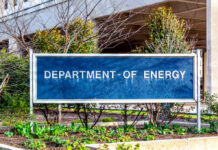
The latest international travel advisory to come from U.S. officials relates to mainland China, where individuals reportedly face a heightened risk of being unlawfully detained by local authorities.
China had already been listed as a Level 2 destination, for which travelers are urged to “exercise increased caution.” The recent update makes it a Level 3 risk, meaning those who are planning a trip to the country should “reconsider travel.”
The United States has issued an advisory against travel to China, citing strict new security laws, exit bans and wrongful detentions. pic.twitter.com/buFAZOoZU0
— PBS NewsHour (@NewsHour) July 3, 2023
Among the events that led to the new advisory was the arrest and conviction of a 78-year-old U.S. citizen who was charged with espionage and given a life sentence.
“The People’s Republic of China (PRC) government arbitrarily enforces local laws, including issuing exit bans on U.S. citizens and citizens of other countries, without fair and transparent process under the law,” U.S. officials confirmed.
Furthermore, Americans who visit China “may be detained without access to U.S. consular services or information about their alleged crime.”
Charges of spying are relatively common and can be levied in response to a range of activities including sending critical messages about the country’s policies or asking questions about certain topics. Foreign visitors can also be targeted based on prior drug use, public demonstrations, “or any other activities that authorities interpret as constituting an act of secession, subversion, terrorism, or collusion with a foreign country.”
U.S. Secretary of State Antony Blinken addressed the cases of three American citizens currently detained in China when he visited the communist nation earlier this year. He confirmed that negotiations for their release were in progress but acknowledged that a serious rift between the two countries remains — particularly in regard to military activities.
“It was clear coming in that the relationship was at a point of instability,” Blinken said following the first Chinese visit by a U.S. secretary of state in about five years.
He indicated that “both sides recognized the need to work to stabilize it,” explaining that his focus during the trip was “to strengthen high-level channels of communication, to make clear our positions and intentions in areas of disagreement, and to explore areas where we might work together on our interests, align on shared transnational challenges — and we did all of that.”



